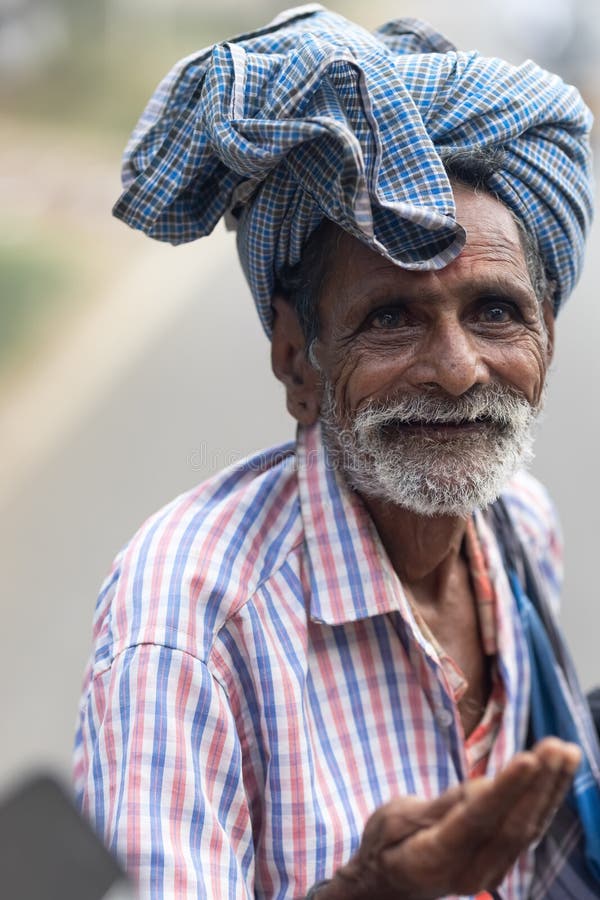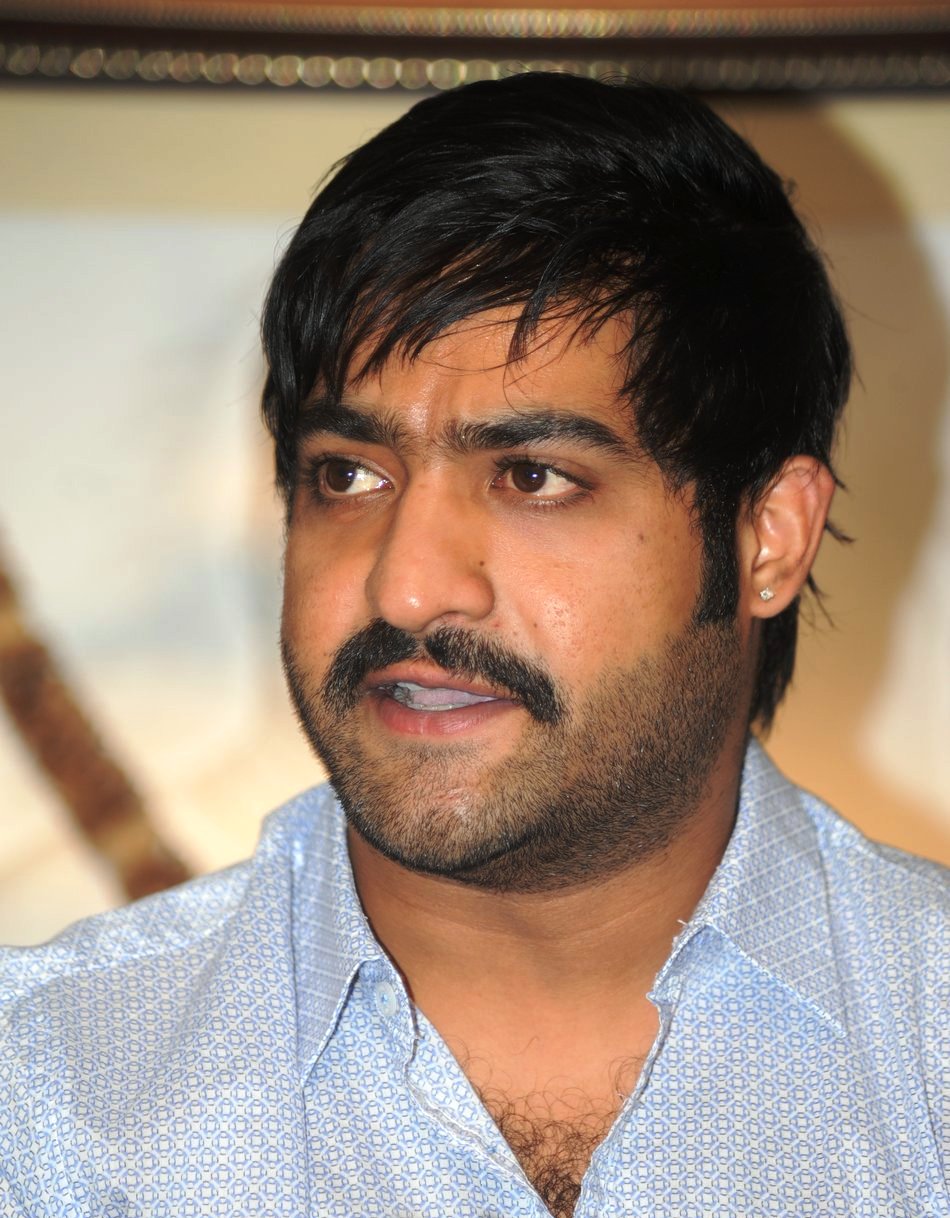Exploring Indian Slurs: A Look At Their History And Impact Today
It's truly something to consider how words carry so much weight, isn't it? When we talk about indian slurs, we're really talking about more than just a few harsh words. We're getting into a deeply sensitive and, frankly, quite intricate topic that touches on centuries of shared human experiences, sometimes difficult ones. It involves looking at how language has been used to hurt and diminish people from a particular background. This discussion, you know, really aims to shed some light on what these terms are, where they might come from, and why they matter so much in our world today, especially for those who face them.
You see, understanding these kinds of words, like this important topic, is not about promoting hate or making light of serious issues. Instead, it's actually about gaining knowledge, about seeing the full picture of how ethnic slurs, or what some call ethnophaulisms, have been, well, used. These words are often meant as insinuations or allegations about individuals or entire groups based on their ethnicity, their nation, or their race. It's a rather sobering thought, isn't it, how language can be twisted this way?
Our goal here is to just explore this topic with the care it deserves, giving you a better sense of the various aspects involved. We want to help you grasp the history and the ongoing impact of these hurtful terms. So, let's take a closer look together, shall we, at what makes this subject so very important and why it continues to resonate in our communities, even today, in early June of 2024.
Table of Contents
- Understanding Ethnic Slurs: What They Are
- The Complex History of Indian Racial Slurs
- Online Hate and Its Real-World Effects
- Why Understanding Matters: Addressing Prejudice
- Frequently Asked Questions About Indian Slurs
- Conclusion: Moving Forward with Awareness
Understanding Ethnic Slurs: What They Are
When we talk about ethnic slurs, we are basically referring to words or phrases that people use to insult or put down an individual or a whole group because of their race, their ethnicity, or their national origin. It's, like, a way of using language to create a feeling of inferiority or to express dislike. Our database, for example, explores many of the most frequently used slurs aimed at Indian people. This really shows how widespread and varied these terms can be, doesn't it?
These lists of ethnic slurs and epithets, as a matter of fact, are often sorted into different categories. You might find them grouped by race, by ethnicity, or by nationality. It's a way of trying to make sense of the many ways people have historically tried to label and diminish others. For instance, some terms originally used against Black people or African individuals might also, in some contexts, apply to groups like Cape Coloureds, showing how, you know, these hurtful words can sometimes cross over and be used broadly.
It's pretty clear that these words are not just harmless jokes. They carry a lot of historical baggage and can cause real pain. Learning about them, in a way, helps us recognize the patterns of prejudice that exist. It's not about memorizing a list to "impress your friends with your vast knowledge of hate," as some might say in a very sarcastic tone. Instead, it's truly about recognizing the tools of bigotry so we can, perhaps, better stand against them. That's really the point, isn't it?
The Complex History of Indian Racial Slurs
The history of racial slurs directed at Indian people is, quite frankly, a very complex and sensitive topic. It's filled with so many nuances and intricacies that really demand careful examination. To truly get a handle on how these slurs have changed over time, it takes a bit of digging into the past. This isn't a simple story with a clear beginning and end; it's, arguably, a narrative that has unfolded over many centuries.
This long history, you know, spans across different periods, including times of colonialism, various cultural exchanges, and significant social changes. Each of these historical shifts, in a way, has contributed to the evolution of these hurtful terms. Approaching this subject with the right mindset means acknowledging these historical layers. It's not just about the words themselves, but the contexts in which they arose and were, very, very, often, used to maintain power structures or to justify unfair treatment.
For example, you might find that some terms emerged during periods when certain groups sought to dominate others, using language as a tool to dehumanize. This makes the topic incredibly sensitive. Understanding the origins and meanings of these terms, as our databases often try to do, helps us see how deeply rooted some prejudices can be. It's, basically, a look at how words become weapons, and that's a pretty heavy thought, isn't it, when you think about it?
Online Hate and Its Real-World Effects
In our modern world, we're seeing a really troubling trend: racism aimed at Indian immigrants has, quite noticeably, surged online. This increase is, apparently, fueled by a mix of misinformation, political unrest, and the way social media platforms, you know, sometimes amplify hateful messages through their algorithms. It's a rather concerning development, as online hate, unfortunately, doesn't just stay online; it often leads to very real-world consequences.
When hurtful language and prejudiced ideas spread quickly across the internet, they can, actually, contribute to an environment where discrimination and even violence become more likely. This is a significant point because what happens virtually can have tangible impacts on people's lives. It's not just about hurt feelings; it's about people facing prejudice in their daily interactions, at work, or even in public spaces. That's pretty serious, isn't it?
The amplification of hate by social media algorithms is, arguably, a particularly insidious part of this problem. These systems, in some respects, can create echo chambers where biased views are constantly reinforced, making it harder for people to encounter different perspectives. This makes it even more important to be aware of the kind of content we consume and share. It's a challenge that, you know, requires collective attention, especially today, when digital spaces are so much a part of our lives.
Why Understanding Matters: Addressing Prejudice
Knowing about the history and impact of indian slurs is, quite simply, a vital step in addressing prejudice. When we understand the origins of these hurtful words and the pain they cause, we are, in a way, better equipped to challenge them. It's not about dwelling on negativity, but rather about arming ourselves with knowledge to build a more respectful and inclusive society. That's, basically, the whole idea, isn't it?
For example, if you encounter someone using a slur, having some understanding of its background can help you respond effectively, perhaps by explaining why it's offensive rather than just reacting emotionally. This kind of informed response can, sometimes, be more impactful in educating others. It's about fostering a community where such language is not tolerated, and where people feel safe and respected. This is a very important goal, don't you think?
Furthermore, recognizing the surge of online racism means we can be more vigilant about reporting hateful content and supporting initiatives that promote digital literacy and empathy. It’s about taking an active stance against misinformation and bigotry. This collective effort is, arguably, what truly makes a difference. So, learning about these things is, well, just a little bit like gaining a superpower to make the world a kinder place, at least in some respects.
Frequently Asked Questions About Indian Slurs
What exactly are ethnic slurs?
Ethnic slurs are, basically, offensive words or phrases used to insult or degrade a person or a group based on their ethnic background, race, or nationality. They are, you know, a way of expressing prejudice through language, and they often carry a lot of historical weight and negative connotations. It's pretty much about using words to put people down, which is never a good thing, is it?
Why is it important to understand the history of these slurs?
Understanding the history of these slurs is, quite frankly, crucial because it helps us grasp the deep roots of prejudice and discrimination. It shows how language has been used as a tool to oppress or marginalize groups over time, often tied to periods of colonialism or social change. This knowledge, in a way, equips us to recognize and challenge such harmful language in the present. It's, truly, about learning from the past to make a better future, you know?
How does online hate impact real-world racism against Indian immigrants?
Online hate, unfortunately, has a very real impact on racism against Indian immigrants by amplifying misinformation and prejudiced views, which then can spill over into real-life discrimination and hostility. Social media algorithms, for instance, can sometimes inadvertently spread hateful content more widely, making it seem more prevalent and, in some respects, normalized. This, basically, contributes to a more hostile environment, which is a pretty serious concern for communities today.
Conclusion: Moving Forward with Awareness
So, we've explored the really intricate and sensitive topic of indian slurs, looking at their historical roots and their current impact, especially with the surge of online hate. It's pretty clear that these words are not just terms; they are, in fact, powerful symbols of prejudice that have caused real pain and hardship for countless individuals and communities over time. Understanding this history and the current challenges is, basically, a step towards building a more respectful world. It's about acknowledging the past to shape a better future, isn't it?
The rise of online racism, fueled by misinformation and social media, shows us that the fight against prejudice is, arguably, an ongoing one. It requires our constant attention and a commitment to challenging hateful language wherever we find it. By learning about these issues, we equip ourselves to be better allies and advocates for change. This means speaking up, educating others, and supporting efforts to create truly inclusive spaces, both online and offline. That's, you know, what it really comes down to at the end of the day.
We hope this discussion has offered you some valuable insights and encouraged you to think more deeply about the power of words and the importance of empathy. Remember that knowledge is, very, very often, the first step towards positive change. If you're interested in learning more about how to combat online hate or support affected communities, you might want to visit reputable organizations working in this field, such as the Anti-Defamation League, which offers resources and information on various forms of bigotry. This is, truly, a topic where every bit of understanding helps, don't you think?
- Wasmo Telegram Link 2025
- Slade Sohmer Hindi
- Web Series Ullu
- What Did Brodie Moss Get Bitten By
- What Happened To Brodie Moss 2025

AMILNADU INDIA - FEB 15, 2023: Old Indian Men Portrait Editorial Stock

Indian Men Model - Free photo on Pixabay - Pixabay

20 Trendy Indian Men's Hairstyles - Mens Craze